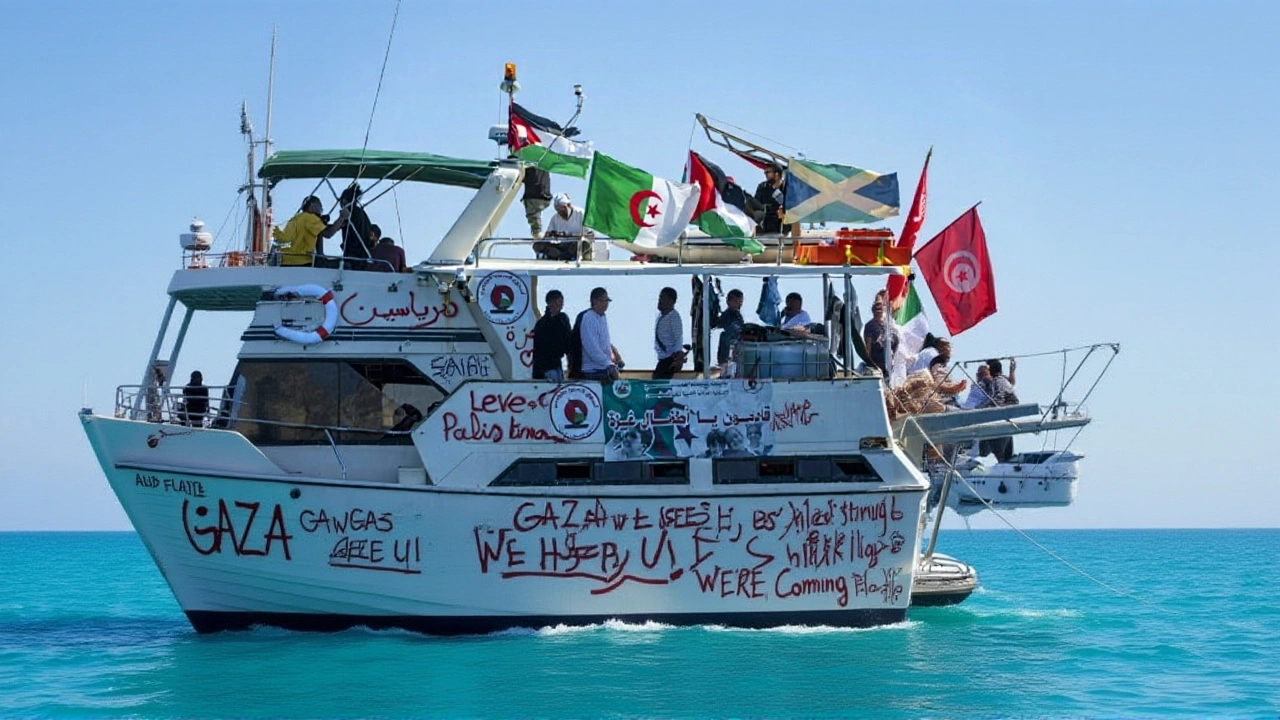Gaza Blockade: What’s Happening and Why It Matters
If you’ve been scrolling the news lately, you’ve probably seen headlines about the Gaza blockade. It’s more than just a political story; it’s affecting water, health, and everyday life for millions of people. In this guide we break down the basics, look at the newest developments, and point you to practical ways to help.
How the Blockade Cuts Water and Health Services
The blockade limits the flow of fuel, spare parts, and chemicals that keep water treatment plants running. Without enough chlorine or electricity, many neighborhoods rely on unsafe sources. That fuels outbreaks of water‑borne diseases and puts extra strain on already‑stretched clinics. Recent reports show a rise in gastrointestinal infections among children under five, a clear sign that the water crisis is deepening.
But it’s not just about clean drinking water. The lack of fuel means ambulances can’t reach remote villages, and hospitals struggle to keep generators humming. When power drops, life‑saving equipment stops, and patients with chronic conditions face a nightmare. The blockade therefore creates a ripple effect that touches every corner of daily life.
Recent Developments You Should Watch
In the past month, three things have shifted the conversation:
- New UN reports flag a 30% increase in water scarcity compared to last year.
- International pressure has grown after several NGOs documented the blockade’s impact on children’s health.
- Local initiatives are popping up, like community rain‑water harvesting projects that aim to bypass blocked supply lines.
These points matter because they show the blockade is not a static situation. Policies can change, and so can the level of aid flowing in. Keeping tabs on these updates helps you understand where the biggest gaps are and where help is most needed.
One concrete example: a recent convoy of medical supplies managed to get through a negotiated window, delivering over 10,000 liters of clean water to a district that had been dry for weeks. The success was short‑lived, but it proves that targeted relief can make a difference when the right doors are opened.
So, what can you do? First, stay informed through reliable sources—UNICEF, WHO, and reputable NGOs often publish real‑time data. Second, consider donating to organizations that focus on water infrastructure in Gaza. Even small contributions can fund a filtration unit that serves a whole village. Finally, use your voice. Share verified stories on social media, write to your representatives, and ask for policies that prioritize humanitarian corridors.
Understanding the Gaza blockade isn’t just about geopolitics; it’s about the real, human cost of a broken supply chain. By staying aware and taking small actions, you become part of a larger effort to bring clean water and basic health services back to those who need them most.

Israel detains 400+ activists after Gaza aid flotilla interception
- by Masivuye Mzimkhulu
- on 2 Oct 2025
Israeli Navy seized over 400 activists, including Greta Thunberg, from the Global Sumud Flotilla near Gaza, sparking worldwide protests and legal debate over the Gaza blockade.